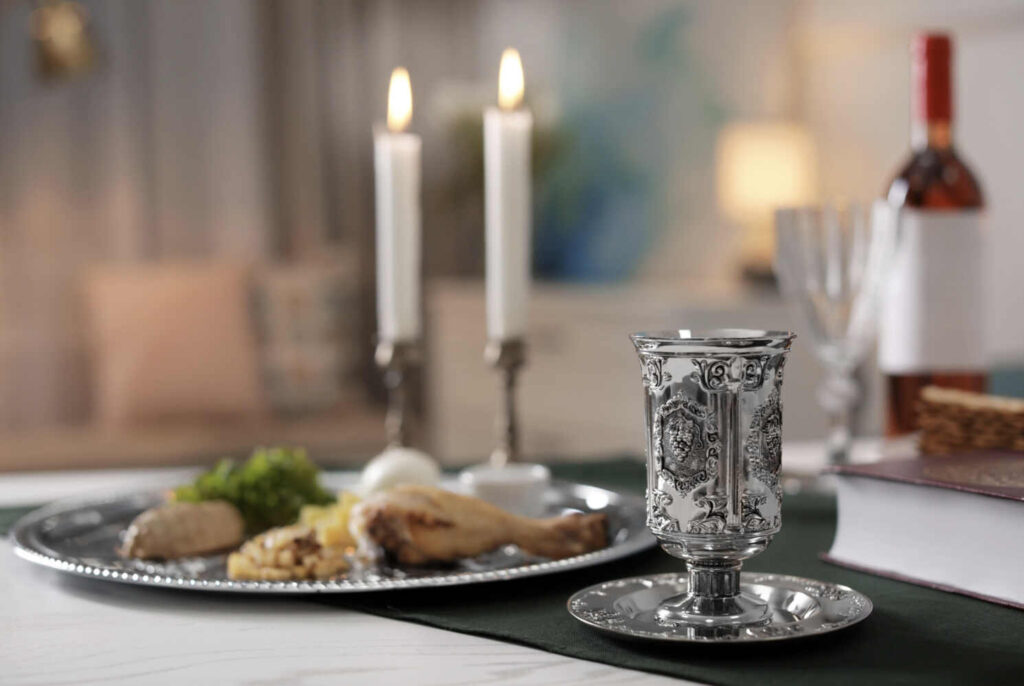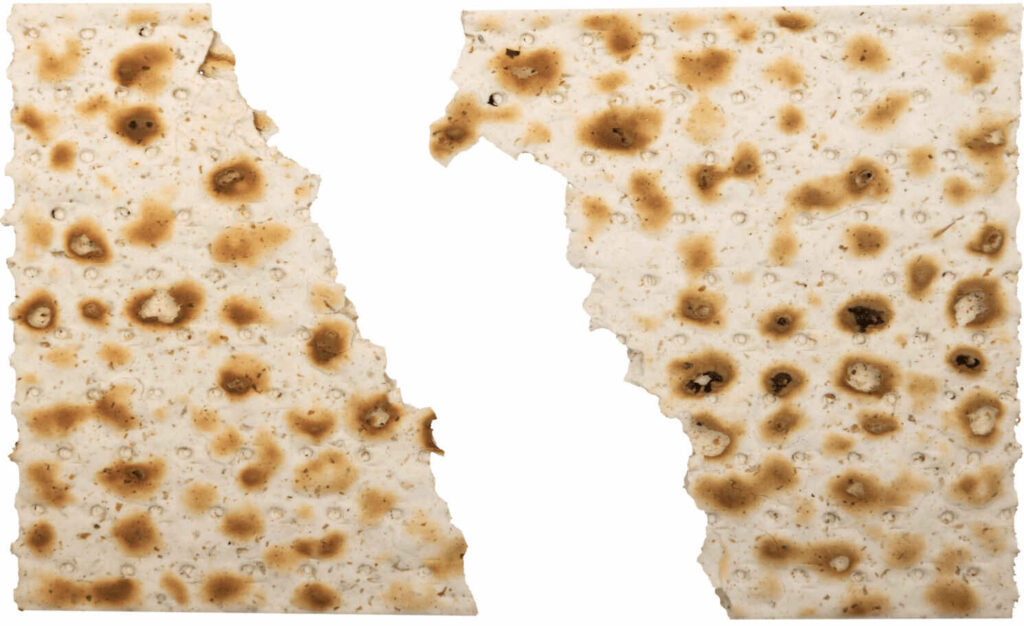
Why Passover means more to me than Easter
The date of Easter changes through the year, but we know that Jesus was crucified just before Passover. The fifteenth of the Jewish month of Nisan.
As a Christian who embraces the Jewish roots of my faith, I see Passover not just as a historical event but as a vibrant, prophetic tradition that continuously unfolds the deep connections between my faith in Yeshua (Jesus) and the enduring importance of Judaism. This festival celebrates the deliverance of the Jews from bondage in Egypt and embodies the promise of a future redemption through Israel’s Messiah returning.
As the prophet Isaiah said,
Now it shall come to pass in the latter days
That the mountain of the Lord’s house
Shall be established on the top of the mountains,
And shall be exalted above the hills;
And all nations shall flow to it.
Many people shall come and say,
“Come, and let us go up to the mountain of the Lord,
To the house of the God of Jacob;
He will teach us His ways,
And we shall walk in His paths.”
For out of Zion shall go forth the law,
And the word of the Lord from Jerusalem.
He shall judge between the nations,
And rebuke many people;
They shall beat their swords into plowshares,
And their spears into pruning [a]hooks;
Nation shall not lift up sword against nation,
Neither shall they learn war anymore.
The Messianic Promise of Modern Observance
When I observe Passover, the Cup of Redemption, filled with wine, is held aloft during the Seder meal, and I am reminded of Jesus’ words at the Last Supper. As the deep red wine swirls in the cup, it brings to mind His covenant, a new promise made through His sacrifice, represented by His blood “poured out for many for the forgiveness of sins” (Matthew 26:28). Drinking from this cup, I am invited to reflect on the sacrifice He made, ensuring our spiritual freedom and eternal connection with the Father.
The bitter herbs, maror, bring a sharp, almost shocking flavor—immediately evoking the harshness of slavery in Egypt, but also the bitterness of sin. As I taste the horseradish, its intensity brings tears to my eyes, much like the tears shed by those who witnessed Yeshua’s suffering. This bitter herb becomes a profound personal reminder of the sorrow of our own bondage to sin, and the cost of our redemption.
Each of these elements—visible, tangible, and tastable—brings the historical reality of the deliverance of the Jewish people, and the life, death and resurrection of Jesus, into the present moment of our observance. They serve as sensory bridges connecting us to the truths of Scripture, allowing us to experience the story of our salvation with fresh emotion and renewed commitment each year.

Future Hope: Passover as Prophetic Fulfillment
Passover is not only a remembrance of past deliverance but a forward-looking promise of future redemption. As we recount the miracles that freed the Jews, we also anticipate the ultimate redemption—the coming of Israel’s Messiah. The open door for Elijah during the Seder invites the participants to look forward in a tangible way to this prophesied event, with an expectation and readiness for the Messiah’s return.
This prophetic aspect of Passover encourages us to live in hopeful anticipation, maintaining faith that just as surely as God delivered Israel from Egypt, He will fulfill His promises for future salvation and the restoration of all things under Messiah’s reign.
Conclusion: Embracing the Dual Heritage
As a believer in Jesus, embracing the fullness of Passover deepens my appreciation for both my Christian faith and Jewish heritage. It enriches my spiritual life, allowing me to experience the scriptures with profound depth and renewed perspective. Celebrating Passover each year is not just a ritual; it is an affirmation of my faith in the God who saves, the God who delivers, and the God who will come again.
In reflecting on these truths, my hope is that others too will see the beautiful tapestry of redemption woven through the Passover story—a story that not only speaks of freedom from physical bondage but also spiritual liberation. This celebration is a powerful testament to the unity and continuity of God’s salvation history, a history that is an invitation invites all of us, both Jew and Gentile alike.
